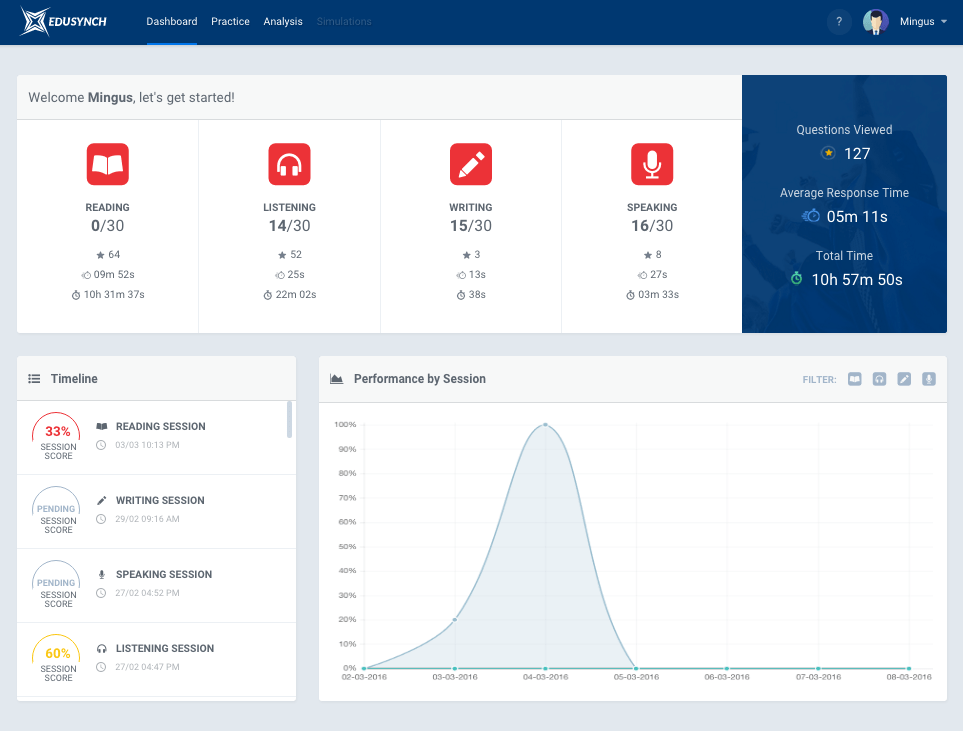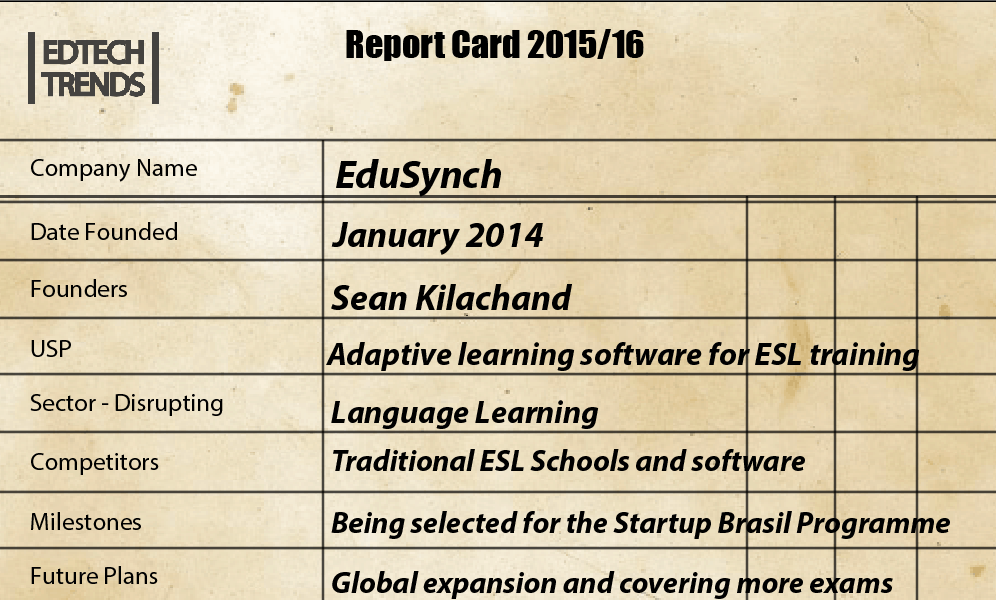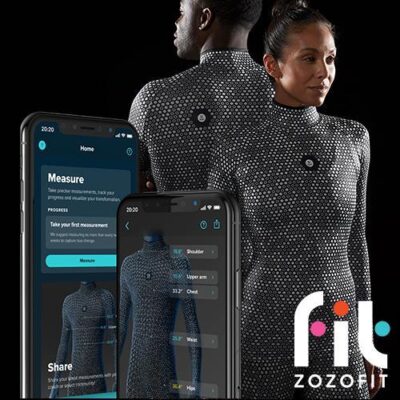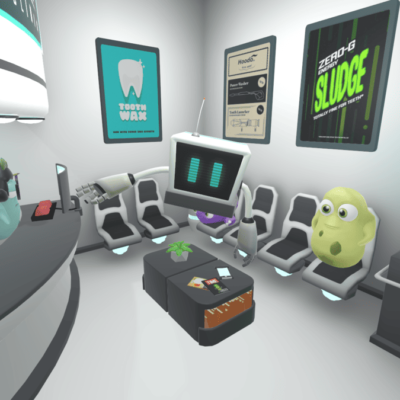How this Brazilian-based EdTech start-up is leveraging AI to boost results for learners of English as a Second Language.
There’s no question that technology has its place in education. The question is how to integrate it in such a way as to help without interfering Click To TweetThe answer, according to EduSynch Founder and CEO Sean “Lorenzo” Kilachand, is a blended model where students use technology – both in and out of the classroom – to help teachers understand what their particular strengths and weaknesses are, and tailor their learning accordingly. This also allows administrators to improve learning outcomes by better gaging what’s working, and what isn’t.
Growing up in Manhattan technology played a big part in Kilachand’s education:
“I was playing videogames like Duck Hunt and Super Mario when I was 3 years old, and by the time I was in second grade my class was selected to help teach computer skills to senior citizens. We were constantly exposed to technology, from typing classes to educational games and training on how to search the web. For me, learning and technology are natural partners.”
Since moving to Brazil, he started applying those principles to language learning. The market in the country is dominated by institutions charging outrageously high monthly fees for weekly classes lasting 1-3 hours on average. In that kind of environment, it is very difficult for the average student to receive the individualized training they need in order to succeed.
“What students usually get – at a very high premium – is generic test preparation materials that often don’t provide personalized correction and feedback for the speaking and writing sections of the exam, which are exactly the ones that are the most challenging.”
The limitations and price of these “Old School” courses and materials meant there was a big gap in the market for software that could support student learning in a more efficient way and help them prepare for specific exams such as the TOEFL, TOEIC and IELTS.
“We provide individualized practice and feedback for a fraction of the price of a normal TOEFL prep book or course. Most importantly, however, the EduSynch engine is able to actively identify which areas each student needs to improve, and automatically adapts the questions based on that information.”
They are still self-funded apart from a BRL 200,000 (about $50,000) grant received from the federal government as part of the Startup Brasil accelerator programme in 2014. But although the focus is inevitably in building up a viable business model, the Brazilian company is aiming to democratize the exam-preparation process by providing some of those materials free of charge.
Adaptive learning is merely the tip of the iceberg. Virtual reality, classrooms in the cloud…the future is going to be quite interesting. Click To Tweet“We’re giving away the complete analytics, adaptive engine and over 700 exercises for the Reading part of the course, and then we will charge per module. Listening will likely work with a flat subscription fee, but Writing and Speaking will command a premium because of the complexity of simulations and individual exercises,” he explains.
While Brazil’s notorious bureaucracy remains a constant challenge, being part of the federal government’s accelerator programme allowed Edusynch to get a foot in the door, and led to partnerships with several national institutions to run beta tests of the product. Over 2 million people took the TOEFL test in Brazil last year, but the global market is much bigger, and Kilachand has his sights set firmly on global expansion. They’re about to launch four pilots in Brazil and one in India (Sean himself is half Indian) with a view of taking a larger slice of this enormous market.
“We have already reached 55 countries without spending a single dollar on marketing or advertising, so we will continue to build on that and also start covering many other exams. We developed our infrastructure to be content agnostic, so although we’re focused on English at the moment, there’s nothing to say that the platform can’t be used for other exams like Salamanca for Spanish.”
He also believes that technologies such as Virtual Reality will play a much bigger part in education in years to come, and considers how VR could enhance the value of products like EduSynch for students:
“Imagine being able to take any exam, meaning experience the actual environment of being in the exam room with other students, ambient noise…It has been shown that interactive activities, particularly ones that require students to be proactive, increases retention of educational concepts and material in general across disciplines. So imagine a kid in a public school in Acre, Brazil playing a game with a student in a public school in NYC…but instead of through computer w Skype as an interface, they are interacting in real time with the tactile sensation of high fiving when doing something right, really feeling as though they are in the same room. I doesn’t get more interactive than that.”
To find out how to leverage VR/AR/MR in your enterprise, Tech Trends offers bespoke Virtual Reality Consultancy support
Alice Bonasio is a VR Consultant and Tech Trends’ Editor in Chief. She also regularly writes for Fast Company, Ars Technica, Quartz, Wired and others. Connect with her on LinkedIn and follow @alicebonasio on Twitter.











